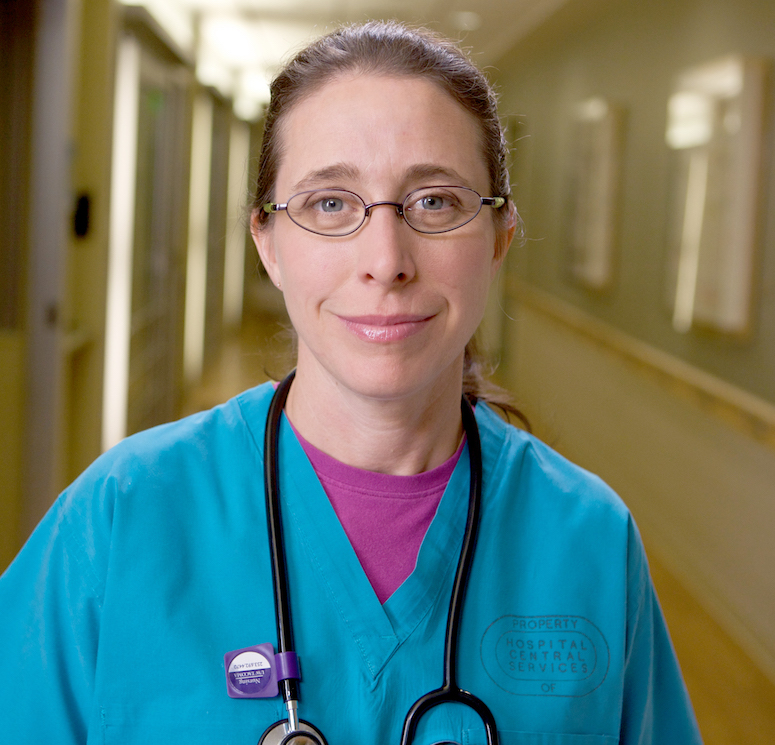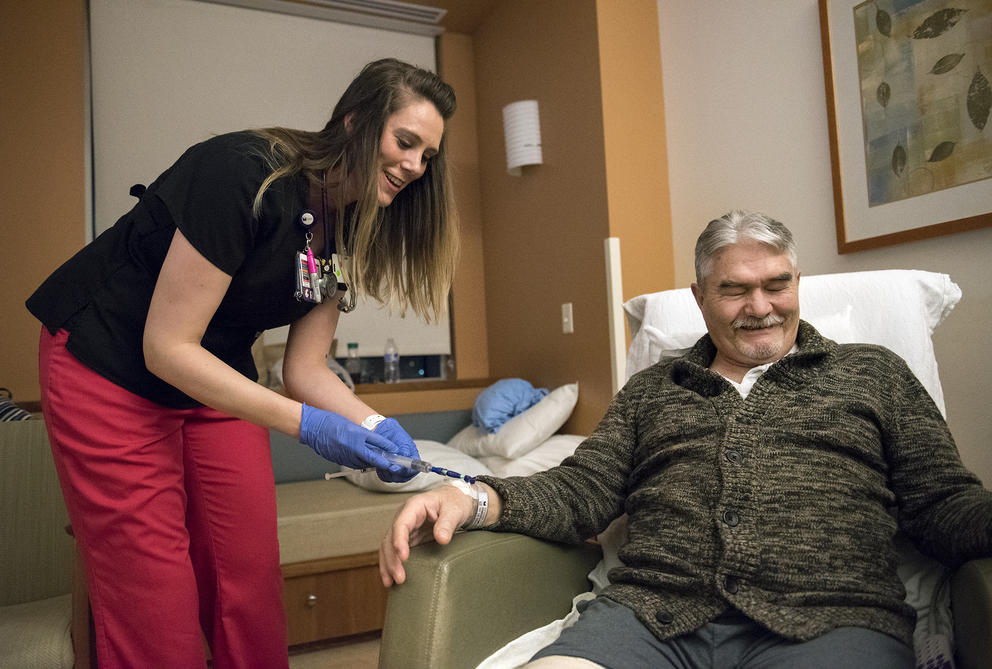I have worked at Swedish Medical Center for over three decades in many different capacities, and for the past 14 years I have been a registered nurse. I am currently in the Swedish Cherry Hill “float pool,” meaning I work in different departments throughout the hospital. Over the years, I have seen the problem of understaffing and the inability to take our breaks get worse. I am a happy gal if I get to take three rest breaks and a meal break during my 12-hour shift, but that happens only two to three days each month.
Nurses need to be able to sit down, eat a meal, get a drink of water and go to the bathroom so that we can think clearly and focus on providing the best patient care possible. When we cannot take our breaks, nurses and health-care workers not only become less efficient, we can start to become disorganized and filled with anxiety that we have missed something in the delivery of care.

Alarmingly, medical errors are the third-leading cause of death in America, behind heart disease and cancer, causing more than 250,000 fatalities annually. Multiple studies have shown that regular breaks substantially reduce the risks of making medical errors.
In order to take our breaks, hospitals must ensure adequate staffing levels so that there is coverage for patients at all times. Safe staffing would not only increase the quality of patient care, but also help retain nurses and save costs through reduced workforce turnover. Washington is facing a shortage of 7,000 nurses by 2025 as baby-boomer nurses retire, and health-care employers find it difficult to attract and keep qualified staff.
That is why patient advocacy groups are fighting to solve this problem, alongside our state’s largest unions of health-care professionals, the Washington State Nurses Association, UFCW Local 21 and my union, SEIU Healthcare 1199NW. Recently, the state House of Representatives took a bipartisan vote to pass SHB 1155, which would require uninterrupted breaks for nurses, nursing assistants and technical staff, and ban the abuse of mandatory overtime by hospital employers. There are pragmatic exceptions for emergencies and cases in which a staff person’s particular skills are needed. The legislation is now before the state Senate, where it is scheduled for committee consideration on Wednesday.
Other industries, like airlines and trucking, require breaks and limited hours — why shouldn’t we do the same in health care, where people’s lives are also at stake?
I have stayed in the health-care field so long because I get an invaluable sense of meaning and purpose from my one-on-one interactions with patients, and the feeling that I am giving myself to others. I implore Washington state lawmakers to pass SHB 1155 so that more nurses and hospital staff stay in health care, and we are able to keep our patients safe.



